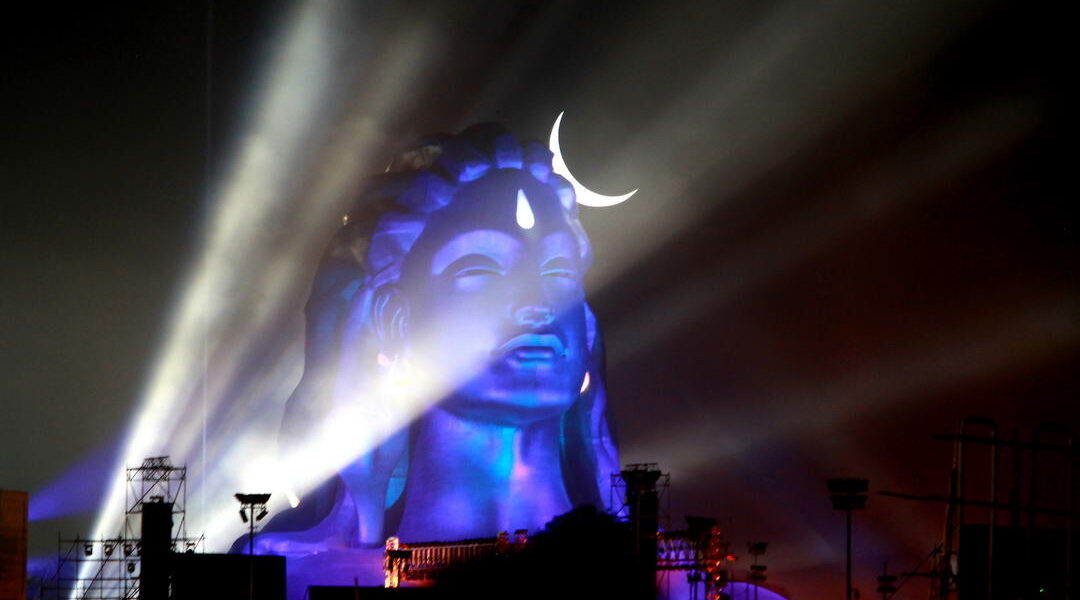In the journey of spiritual evolution, wisdom is a beacon that guides seekers toward self-realization and profound understanding. In Hindu philosophy, the concept of Jnana Bhumikas, or the “Seven Stages of Wisdom,” provides a roadmap for the progressive expansion of consciousness and realization. Each stage represents a deeper level of insight and awareness, leading practitioners toward a state of enlightened wisdom. In this blog article, we explore the transformative path through the Jnana Bhumikas, shedding light on the essence of each stage.
Explore Meditation Retreats & Wellness Retreats
Explore Yoga Retreats with Tejomaia.com

Subheccha (Yearning for Knowledge)
The journey begins with a yearning for knowledge and a genuine curiosity to understand the nature of reality and the self. This stage is marked by a thirst for deeper understanding, prompting seekers to explore sacred texts, engage in introspection, and seek guidance from wise mentors.
Vicharana (Inquiry)
In the stage of Vicharana, seekers engage in rigorous self-inquiry and contemplation. They question the nature of existence, the source of consciousness, and the underlying truths of life. This process of deep questioning and reflection leads to the unraveling of limited beliefs and the opening of the mind to new perspectives.
Tanumanasi (Thinning of the Mind)
As the mind becomes more refined through inquiry and introspection, it enters the stage of Tanumanasi. Here, the clutter of distracting thoughts begins to subside, and the mind becomes subtler and more focused. This state of mental clarity allows seekers to glimpse the deeper dimensions of reality beyond surface appearances.
Sattvapatti (Attainment of Purity)
Sattvapatti marks a significant turning point on the journey. In this stage, the seeker experiences a profound shift in consciousness, marked by a heightened sense of inner peace, joy, and equanimity. The ego begins to dissolve, and there is a realization of the impermanent and transient nature of the material world.
Asamsakti (Non-Attachment)
Asamsakti signifies a state of non-attachment, where the seeker’s identification with the physical and material aspects of life diminishes further. Desires and attachments lose their grip, allowing the individual to navigate life from a place of inner freedom and detachment.
Padartha Bhavana (Perception of Reality)
At this stage, the seeker gains a direct perception of the ultimate reality. The distinction between subject and object blurs, and there is a profound understanding of the interconnectedness of all existence. This stage often brings about a deep sense of unity and oneness with the universe.
Turiya (The Transcendent State)
Turiya represents the culmination of the journey through the Jnana Bhumikas. It is a state of transcendence beyond ordinary waking consciousness. Here, the seeker abides in a state of pure awareness, untouched by the fluctuations of the mind. This is the stage of ultimate wisdom and self-realization, where the individual recognizes their essential nature as timeless and limitless consciousness.

The journey through the Jnana Bhumikas is a profound exploration of wisdom, self-discovery, and spiritual evolution. Each stage unveils deeper layers of insight and understanding, guiding the seeker toward a state of enlightened wisdom. While this journey may span a lifetime, the transformative effects of progressing through these stages bring about profound shifts in perception, consciousness, and inner peace. As seekers embark on this sacred path, they discover the limitless potential within themselves and the boundless nature of reality.
Explore Meditation Retreats & Wellness Retreats
Explore Yoga Retreats with Tejomaia.com


